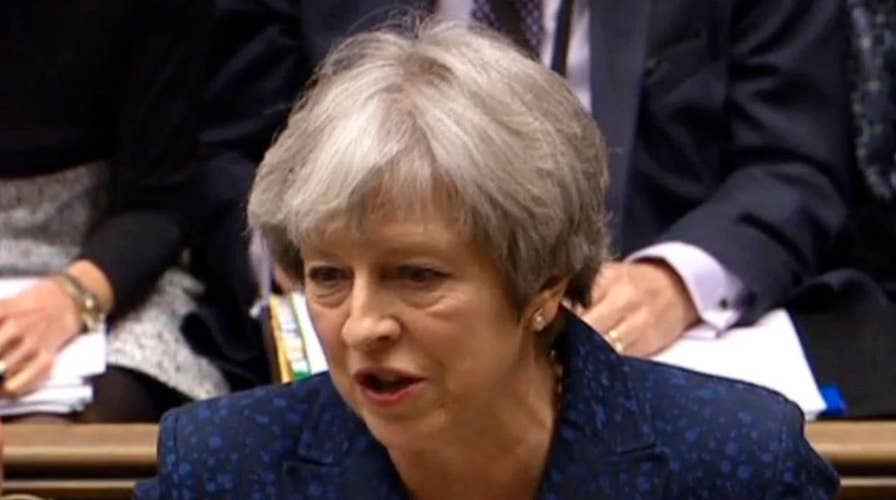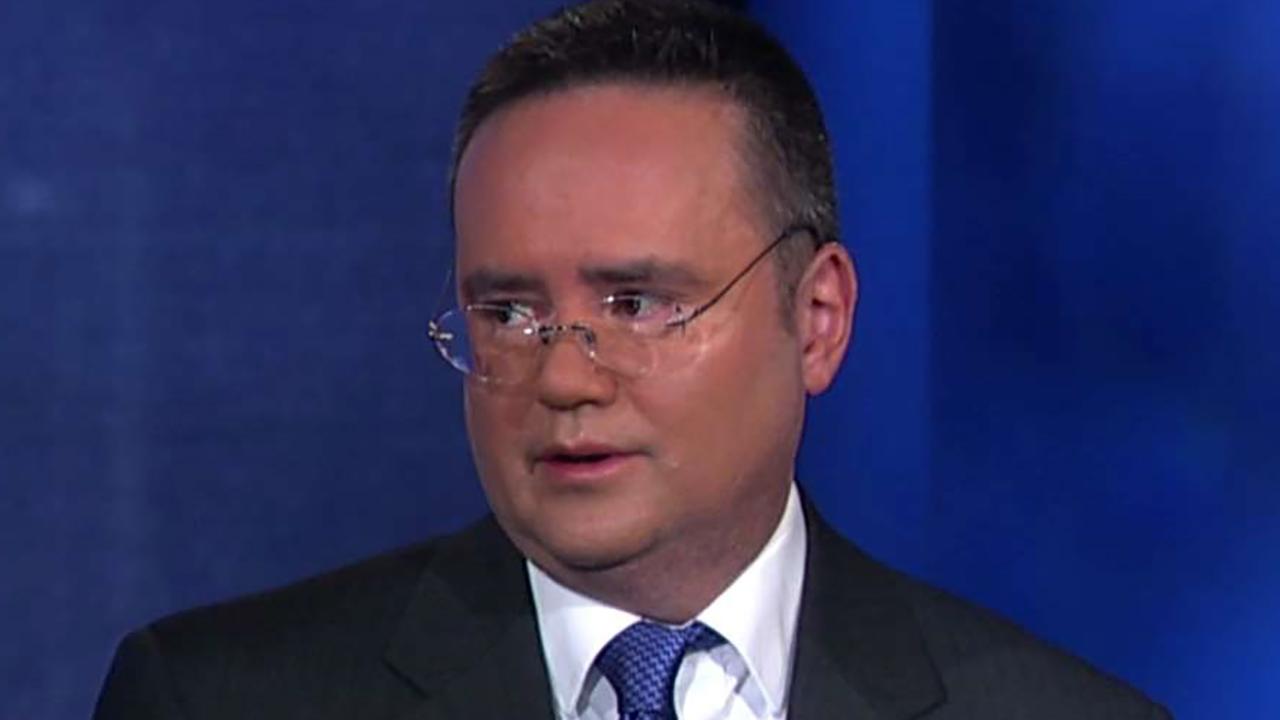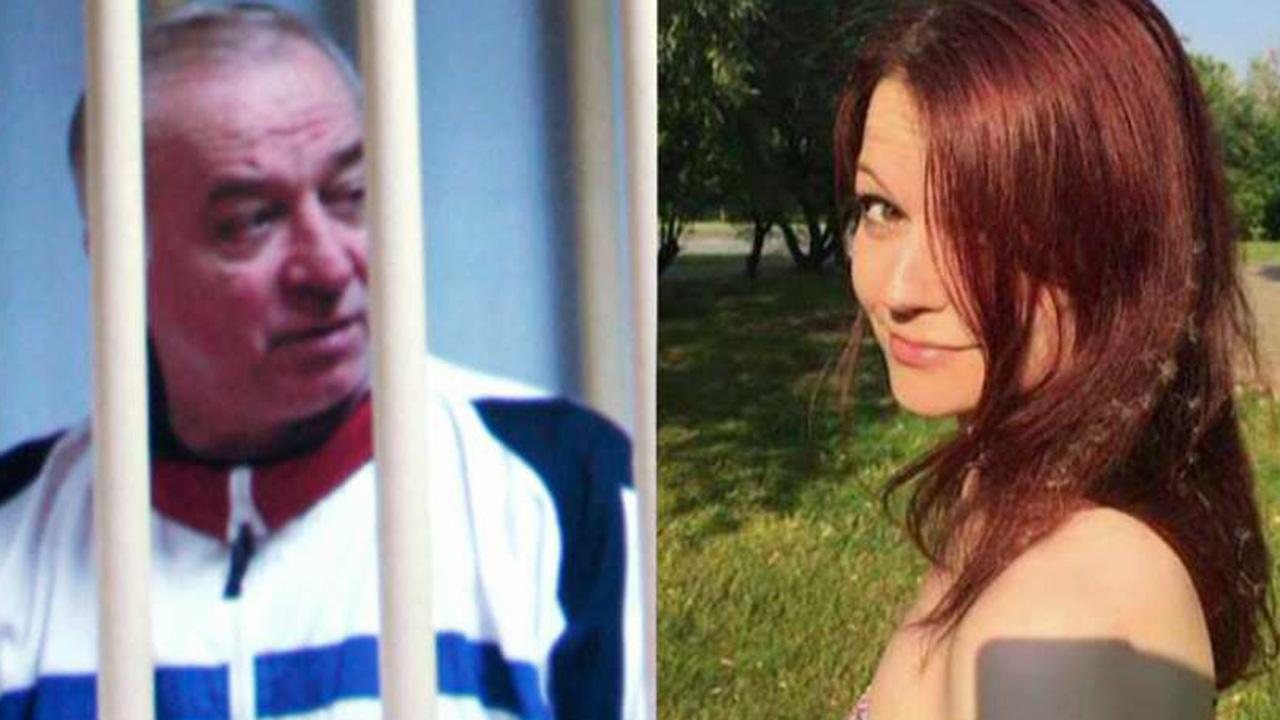May: Highly likely Russia behind poisoning of ex-Russian spy
Prime Minister Theresa May says if Moscow is proven to be behind the attack on Sergei Skripal and his daughter, the British government will consider it an 'unlawful use of force.'
Russia is “highly likely” to be the party responsible for poisoning a former Russian spy and his daughter last week by using a "weapons-grade nerve agent,” British Prime Minister Theresa May said Monday.
May revealed to British lawmakers that Sergei Skripal and his daughter, Yulia, were exposed to a nerve agent called Novichok (Novice). The weapon was developed in the Soviet Union at the end of the Cold War.
“This attempted murder using a weapons-grade nerve agent in a British town was not just a crime against the Skripals, it was an indiscriminate and reckless act against the United Kingdom, putting the lives of innocent civilians at risk,” May said, according to Sky News.
She added: "We will not tolerate such a brazen attempt to murder innocent civilians on our soil."
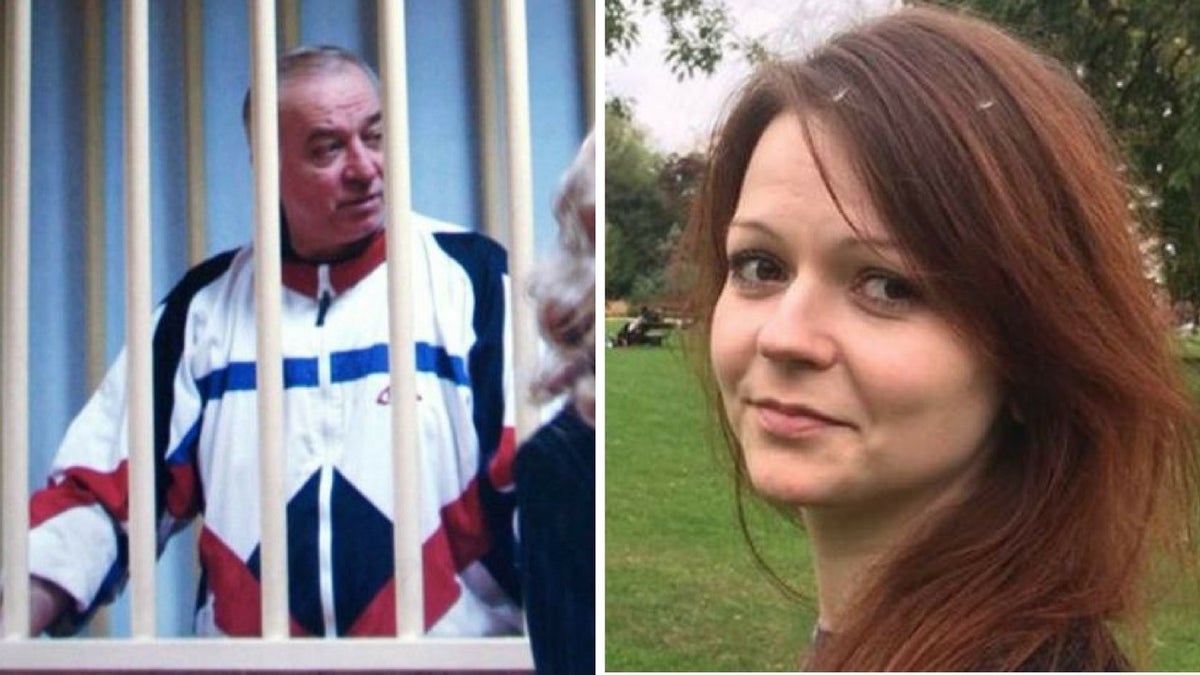
Former Russian spy Sergei Skripal and his daughter, Yulia, remain in critical condition after a mysterious poisoning. (AP)
May said it was an "reckless act" against Britain. She added that the attack was either a direct action by the Russian government or the Kremlin had lost control and allowed the chemical to end up in other peoples’ hands.
May said she will give Russia until the end of the day Tuesday to respond to the charges.
The Kremlin has rejected suggestions it was behind the poisoning, with officials saying Monday they have not heard any official statements of Russian involvement. Russia called May's comments a "circus show," according to Sky News.
"Should there be no credible response, we will conclude that this action amounts to an unlawful use of force by the Russia state against the United Kingdom," the prime minister said.
Tom Tugendhat, chairman of the Foreign Affairs committee, told BBC News earlier in the day that the attack against Skripal and his daughter looked "awfully like it was state-sponsored attempted murder." He also added that he wouldn’t be surprised if May pointed “the finger at the Kremlin.”
EX-RUSSIAN SPY SERGEI SKRIPAL ALLEGEDLY POISONED: WHAT TO KNOW
Dmitry Peskov, spokesman for President Vladimir Putin, told reporters Skripal worked for British intelligence and was poisoned on British soil, and therefore the incident "has nothing to do with Russia, let alone the Russian leadership."
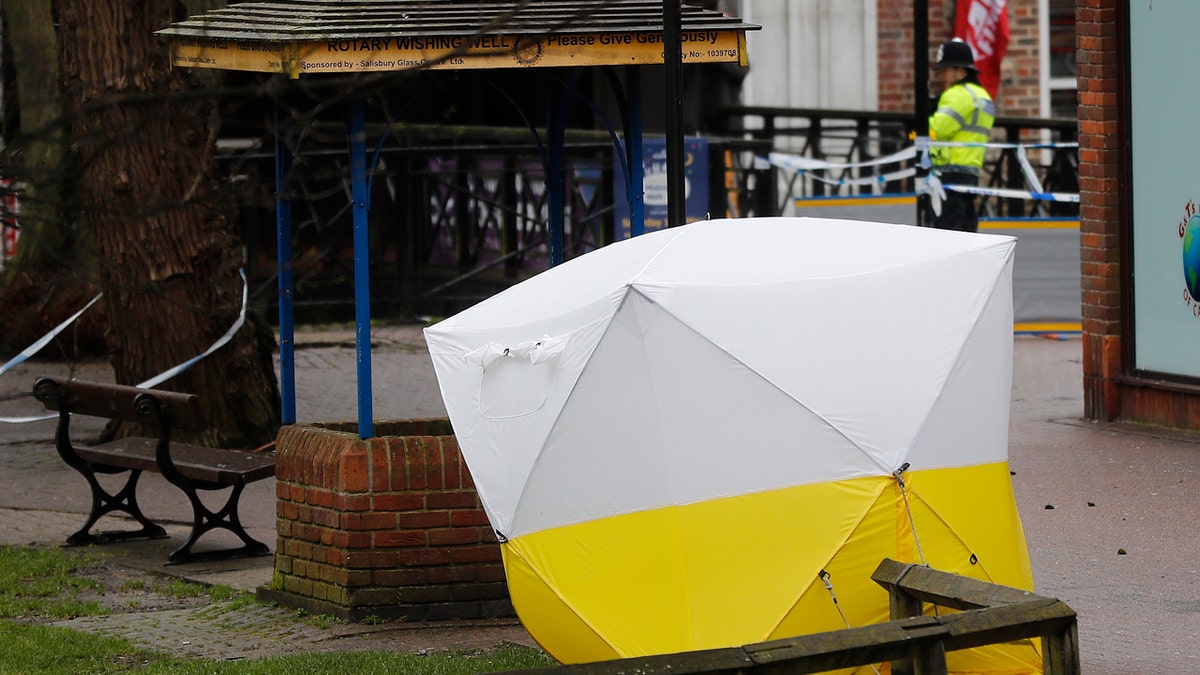
A police tent covers the the spot where former Russian double agent Sergei Skripal and his daughter Yulia were found critically ill following exposure to a "nerve agent substance." (AP)
Skripal and his adult daughter, Yulia, remain in critical condition following the March 4 nerve agent attack in Salisbury. Both were found comatose on a bench near the city center.
The 66-year-old Skripal worked for Russian military intelligence before he was recruited to spy for Britain. He was eventually found out and imprisoned by Russia -- before being freed in a spy swap in 2010.
A police detective who also became ill from the nerve agent was still hospitalized in serious condition Monday, but is reported by British officials to be sitting up and talking.
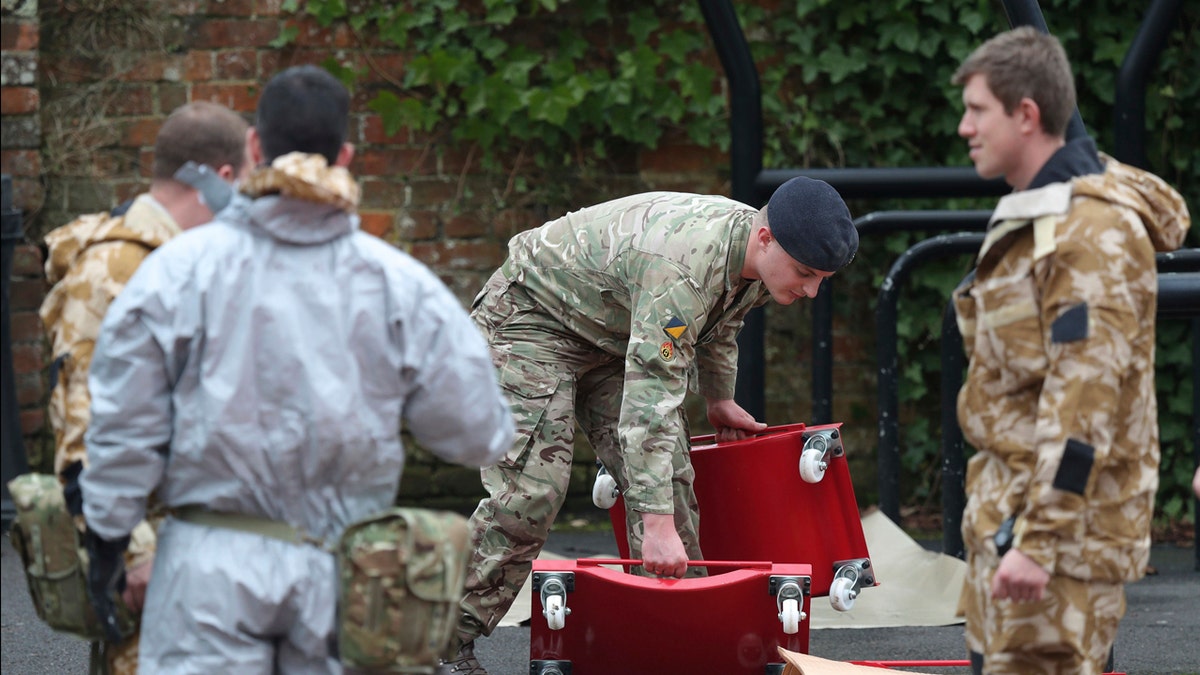
Military personnel outside Bourne Hill police station in Salisbury, England, as police and members of the armed forces probe the suspected nerve agent attack on a former Russian spy. (AP)
EX-RUSSIAN SPY POISONING PROMPTS WARNING FOR HUNDREDS AFTER NERVE AGENT TRACES FOUND
British officials said the risk to the public is low but urged people on Sunday to wash their clothes if they had patronized a restaurant and a pub where the Skripals are believed to have been before falling ill.
Some officials, analysts and politicians have compared the case to the murder of former Russian spy Alexander Litvinenko, who was poisoned with radioactive tea in London in 2006. A British inquiry concluded the killing had "probably" been authorized by Russian President Vladimir Putin.
The Associated Press contributed to this report.
